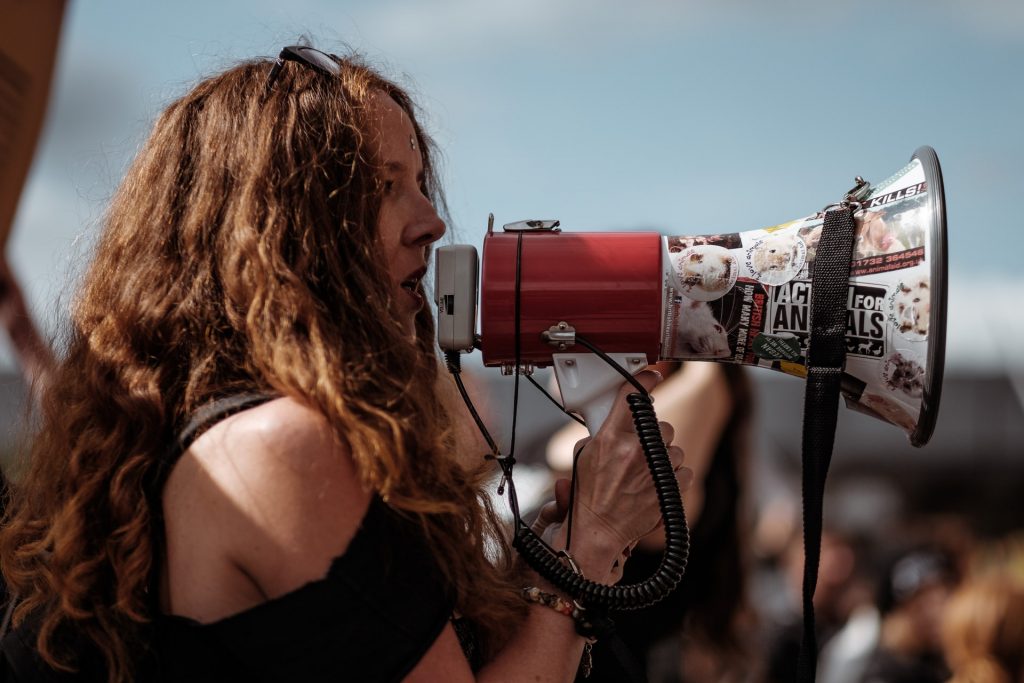
The lines between what is considered a hate crime and freedom of speech is blurred for many Americans. For the most part, interested groups have been fighting current hate crime laws with the notion that they tend to infringe on one’s freedom of speech. However, numbers from the FBI reveal that the number of cases of people being victimized and targeted as a result of their race, gender, religion, or sexual orientation, among others, is only increasing as the law remains ambiguous with more than 7,000 incidents reported yearly in America. So, where does freedom of speech end, and hate crime begin?
Freedom of Speech
The First Amendment is the guiding Bill that protects one’s freedom of speech. Among Americans, there exists a general assumption that you can get away with saying whatever you want. This assumption is valid to some extent, but the freedom of speech clause has limits. Freedom of speech used to degrade or incite discrimination is not illegal or punishable in court.
Hateful speech can be used as evidence of a hate crime and criminalized when it incites criminal activity or contains criminal threats like those intended to kill, hurt, injure, or work as a form of terrorism. In other words, illegal hate speech requires the offender to be specific, show intent to commit a crime, and contain a sense of imminence towards someone of a perceived or actual group.
Hate Crime
A hate crime entails the execution of an illegal behavior towards an individual or property. The FBI defines a hate crime as “ a criminal offense against a person or property motivated in whole or in part by an offender’s bias against a race, religion, disability, sexual orientation, ethnicity, gender, or gender identity.” The Department of Justice upholds laws that criminalize the act of violence directed towards people belonging to specific groups.
For example, the Shepard Byrd Act makes it a federal crime to “willfully cause bodily injury, or attempt to do so using a dangerous weapon, because of the victim’s actual or perceived race, color, religion, or national origin.”
Other statutes that act against different variations of hate crimes include the Criminal Interference with Right to Fair Housing, Damage to Religious Property, Church Arson Prevention Act, Violent Interference with Federally Protected Rights, and the Conspiracy Against Rights.
So do you have the right to say whatever you want?
In a broad sense? Yes, you do. The law even allows for the communion of organizations that spread hateful ideologies like the Ku Klux Klan and Anti-LGBT groups. While threats are also given substantial consideration in criminal proceedings, determining whether an actual threat has the possibility of a violent outcome is always case-specific and often a challenge. However, judging by the majority court decisions on the subject, courts are more likely to criminalize specific and immediate threats that express an intent to commit an act.
That said, it is vital to understand the line between a hate crime and a hate speech. While hate speech goes widely unregulated due to the broad context of free speech, the consensus within the legal field is that a hate crime goes beyond offensive speech and conduct. Hate crimes should further include violent criminal behavior towards people and property belonging to a particular group. You can read more about the different incidences, penalties, and possible defenses in our “What is a Corona Virus Hate Crime” article.
We here at Criminal Defense Hero believe every American has a right to express themselves. What, in most cases, should be a right to freedom of speech, can quickly escalate to hate crime charges. We urge anyone facing such charges to reach out to us for expert legal services and defense questions. Our Criminal Defense Heros are the best criminal defense attorneys in California.
If you have any criminal defense questions, please reach out to us on webchat or by phone: +1 323-529-3660.










